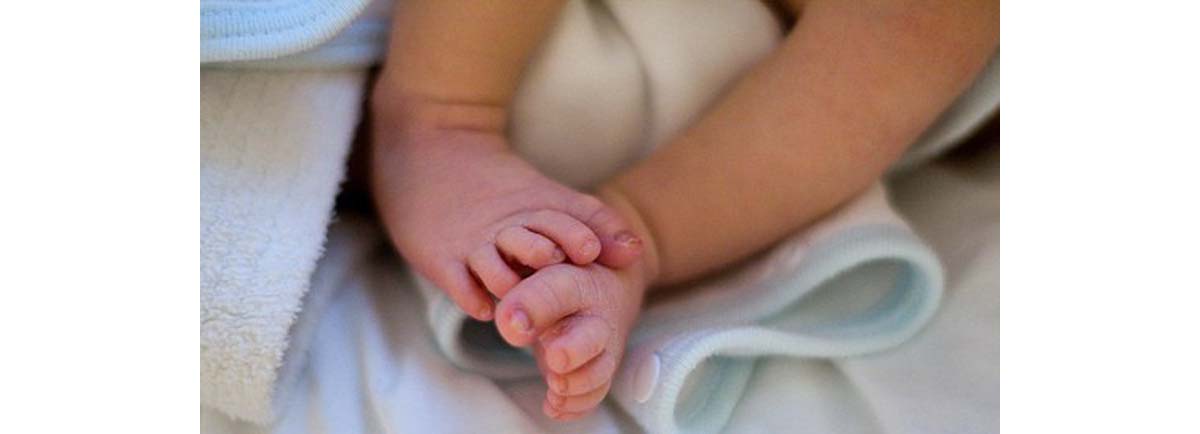Table of Contents
Co-sleeping, or more specifically bed-sharing, with a baby — is a practice that the American Academy of Pediatricians warns against. It's also something that the majority of parents do at least occasionally, as well as the most common mode of sleep for mothers and infants on a global scale.

Would you like to bring your baby into your bed with you, so that you can, as so many parents who came before you recommended, "sleep when the baby sleeps"? You'll have to consider whether to listen to your intuition or to medical professionals, and you will have to figure out whether bed-sharing can be done safely at all.
Why Parents Often End Up Co-sleeping With Their Babies
Your typical western parents, looking forward to their baby's arrival and hoping to prepare a warm nest, set a up a cosy, beautifully decorated nursery in a specifically dedicated room, away from the parents' bedroom. When their baby is born, those same parents are up every few hours throughout the night, anxiously listening to the baby monitor for sounds even when the baby isn't actively crying. Newborns do not sleep for very long, after all, and they are usually hungry when they wake up.
In breastfeeding families, all the night-parenting responsibilities naturally fall to the mother. Bottle-feeding families can be slightly more flexible (but mothers who can breastfeed offer their babies the best nutrition and also cut their own breast cancer risk). Let's face it, getting up multiple times a night, heading to another room, and caring for a baby makes you wake up completely. It is quite exhausting, and it's not like you can go right back to sleep after you are done.
Your typical western parent has heard that bed-sharing is a bad idea, and is probably going to resist taking the baby to bed initially. But she's going to do it, sooner or later, and not just because breastfeeding and bed-sharing gives everyone in the family much more sleep. Having your baby in your bed feels natural and right for many parents.
Sleeping with your baby is going to make nightly breastfeeding much easier, and it is going to be much more comfortable for both you and your baby. Sleeping with your baby allows you to notice their needs more quickly, allows you to check whether she's still breathing, and even enables you to protect her more easily in case of a fire or a burglary.

